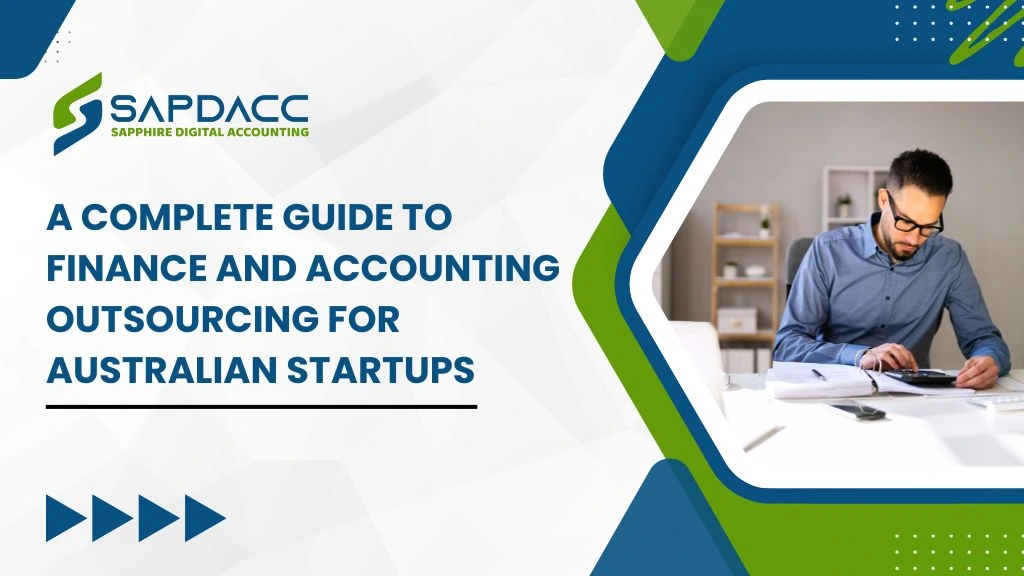For an e-commerce business, bookkeeping is an important component. E-commerce business has its own pool of benefits — reaches a wider audience, products are available for ordering, every time to customers while having a small warehouse.
While setting up a website and store are initial and important steps, your online store will not gain the grip if you do not engage in financial planning. We have compiled a few tips for bookkeeping to aid businesses in running successful e-commerce business.
5 things to consider while bookkeeping for e-commerce businesses
First things first, figure out the challenges faced while e-commerce bookkeeping, and then find a solution!

Which payment mode you are accepting?

Are you tracking Merchant fees?

Have you tracked inventory across platforms?

Have you considered Third-Party Tools and Refunds?
Are you tracking Inventory Cash Flow?
Cash flow is the money that comes from your business monthly, quarterly, and yearly. By having a knowledge of the kind of money passes through your business, will allow you to maintain good profit margin. An organized inventory is one of the most critical aspects of accounting for D2C Businesses. It helps you keeping track of your cash flow. The amount you list on your document for inventory cash flow should be completely related to your stock. Sapphire Digital Accounting (SAPDACC) is one of the early adopters of cloud computing. Apart from using all cloud-based accounting systems such as SAGE, QuickBooks, Xero, Handisoft etc, Sapphire has developed its own enterprise software platform to manage workflow & increase productivity & customer satisfaction. SAPDACC is pioneer in adopting new technologies to help you achieve digital transformation in your accounting department. Get in touch with us for enabling digitalisation in your business. Get in touch with Accounting experts for bookkeeping service for your e-commerce brand. For more such tips, stay tuned!














